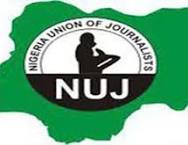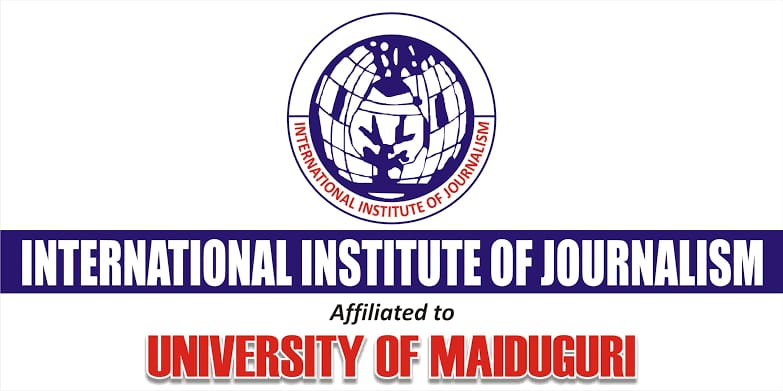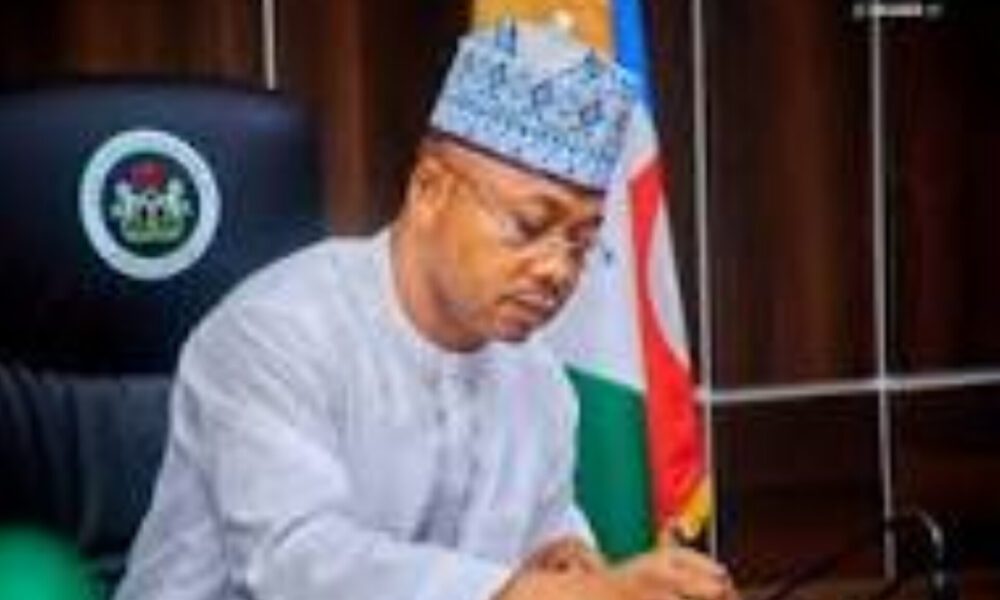Investigative journalist Fisayo Soyombo has accused the Nigerian Army of leaking sensitive information to illegal oil bunkering networks following his undercover investigation into the illicit trade.
Soyombo, founder of the Foundation for Investigative Journalism, made the allegations during an interview on Arise TV after his release from a three-day detention by the 6 Division of the Nigerian Army in Port Harcourt, Rivers State.
The journalist revealed that his arrest occurred while investigating the security networks protecting illegal bunkers, a complex operation involving multiple security formations.
He accused the Army of compromising his safety by prematurely linking him to the investigation, which alerted the oil bunkers.
Soyombo disclosed that the oil bunkers repeated details of the sensitive information he had shared with the Army.
“Everything I told the Army was confirmed by the bunkers,” he said. “They even echoed my statements word-for-word before I was released. How could they have known if the Army hadn’t leaked it?”
Soyombo explained that he voluntarily approached the soldiers during the raid, knowing he had nothing to hide, while others fled into the bush.
“I wasn’t arrested in the traditional sense. I stayed behind because I knew I wasn’t guilty of anything,” he said.

During his detention, he was well-treated but remained concerned about the Army’s intentions.
“They told me they could hold me for two months if necessary, but the media attention forced my release,” Soyombo revealed.
Soyombo criticized the Nigerian Army for failing to protect whistleblowers and journalists. He emphasized that illegal oil bunkering thrives due to the complicity of security agencies.
“This incident proves how deeply compromised the system is. Illegal bunkering won’t stop because of collaborators within security agencies,” he asserted.
Despite the ordeal, Soyombo said he remains committed to investigative journalism but hinted at stepping back after a few more undercover investigations.
“I may have one, two, or three more undercover stories left before I stop. I would rather stop than compromise my integrity,” he concluded.
Soyombo urged the Nigerian Army to explain why the information he provided was leaked, endangering his life and the integrity of the investigation. He called for urgent reforms in Nigeria’s security structures to effectively combat illegal oil bunkering and protect investigative journalists.




